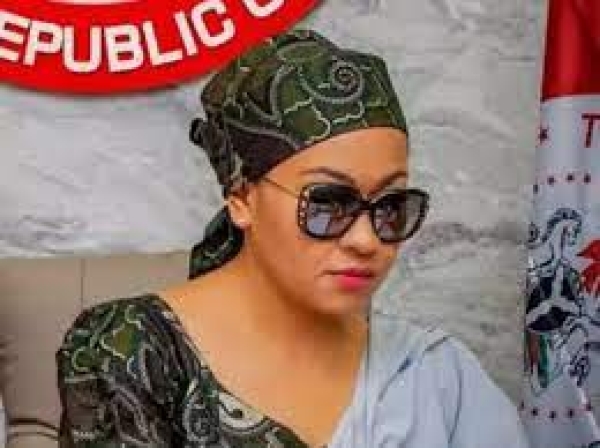Latest News
A fresh legal controversy is brewing in Nigeria’s democratic and judicial circles following a damning legal critique by constitutional lawyer and Senior Advocate of Nigeria, Prof. Mike Ozekhome.
The senior jurist has raised critical concerns over the legality of key regulatory frameworks guiding the recall of lawmakers and the discipline of judicial officers—casting doubts on the ongoing attempt to recall Senator Natasha Akpoti-Uduaghan and the legality of the NJC’s disciplinary procedures.
In a detailed legal opinion titled “Natasha’s Recall, NJC’s Code of Conduct/Judicial Discipline Regulations – Matters Arising,” Prof. Ozekhome described the 2024 INEC Guidelines on Recall as “structurally defective”, arguing they were invalidly signed by only the Chairman, Prof. Mahmood Yakubu, without proper delegation or co-signature from other commissioners, as required by law.
He cited Section 27(2) of the Interpretation Act and Paragraph 14 of the 1999 Constitution’s Third Schedule, noting that such actions must be executed by at least two authorized members of the electoral body.
“This alone,” he stated, “ought to have entirely nullified the recall process against Senator Natasha.”
In a parallel critique, Ozekhome took aim at the NJC’s 2017 Judicial Discipline Regulations, arguing they suffer from an even graver defect—a complete lack of execution by any NJC official, including the Chief Justice of Nigeria.
He emphasized that without evidence of proper endorsement, such documents are susceptible to being struck down as ultra vires (beyond legal powers).
Perhaps more controversially, he questioned the constitutionality of Regulation 21(3) of the NJC guidelines, which excludes the application of the Evidence Act during investigative hearings of judicial officers.
He warned that this overreach may violate Nigeria’s exclusive legislative powers vested in the National Assembly on matters of evidence, as outlined in the 1999 Constitution and Evidence Act, 2011.
On a related note, he spotlighted ethical concerns surrounding judicial officers engaging in social clubs, referencing the President of the Court of Appeal’s role as chairman of the IBB Golf Club’s Board of Trustees.
While the Code of Conduct for Judicial Officers permits such affiliations, he urged caution, stating: “Perception is invariably reality.”
In conclusion, Prof. Ozekhome called for urgent legal reform, warning that the continued reliance on these unendorsed and potentially unconstitutional regulations leaves public institutions vulnerable to legal challenge.
With these revelations, Nigeria’s electoral and judicial integrity may face serious scrutiny in the weeks ahead.
[NationalDaily]


